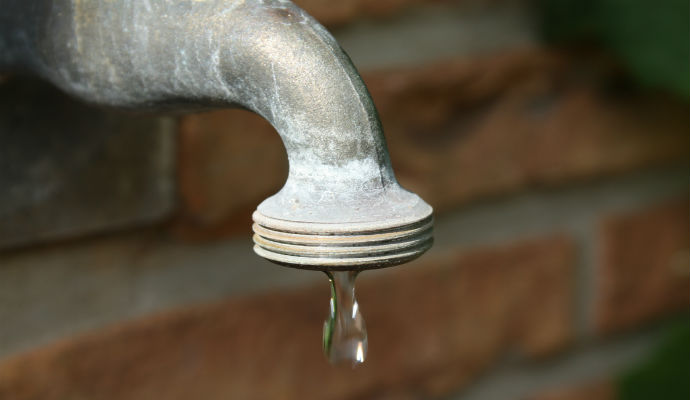 Appliances account for nearly 13 percent of a household’s energy costs, according to the U.S. Department of Energy, with refrigeration, cooking and laundry at the top of the list.
Appliances account for nearly 13 percent of a household’s energy costs, according to the U.S. Department of Energy, with refrigeration, cooking and laundry at the top of the list.
And, while purchasing more energy-efficient appliances can be a good way to reduce your current electricity use, that’s not always practical. You can, however, use your appliances more efficiently. Here are some tips on how to do just that:
Refrigerators
A refrigerator uses five times the electricity of a television, according to the DOE, which suggests the following ways to cut back on the energy consumption of your fridge:
Cover liquids and wrap foods. Uncovered foods can produce moisture, making the compressor work harder.
Maintain proper temperatures. No need to keep the fridge too cold.
Recommended temps are between 37 and 40 degrees Fahrenheit for the refrigerator, and 5 degrees Fahrenheit for the freezer section.
Defrost regularly. If you have a manual-defrost model, never let the frost build up more than one-quarter of an inch. Build-up decreases energy efficiency.
Check the door seals to make sure they’re airtight. A quick way to do that: Close the door over a dollar bill; if you can easily pull the bill out, the seal may need replacing.
Dishwashers
Here’s a fact about dishwashers that may spur you to go green. The DOE says that a pre-1994 dishwasher model uses about 10 gallons of water per cycle; in contrast, current Energy Star-rated units use 5.8 gallons or less. And, because most of the energy used by a dishwasher goes to heating water, the more gallons used per cycle, the more money you dish out. Here are some water and energy-saving tips to help you curb costs:
Wash full loads. The dishwasher will use the same amount of water, whether it’s half-full or fully loaded.
Scrape, don’t rinse. Modern dishwashers can handle heavily soiled dishes. Soak or pre-wash only in the case of burned/dried-on foods, says the DOE.
Check the manual. Some dishwashers have an internal heating element, which might allow you to set your home’s water heater to a lower temp and still get good results.
Let dishes air dry. The no-heat air-dry cycle uses less energy.
Laundry
When it comes to doing laundry, switching your temperature setting from hot to warm can cut a load’s energy use in half. If you’re doing several loads a day, or week, this simple change can make a big impact. The Department of Energy also suggests the following tips:
Wash and dry full loads. Use the appropriate water level setting if you are washing a smaller load.
Clean the lint screen. Frequent cleaning of your dryer’s lint screen (and vacuuming of lint that collects below it) will boost air circulation, and can help prevent fire hazards. Set up a reminder to bring in a professional to clean the dryer vent periodically.
Dry heavy items on their own. Dry towels and other similar items in a separate load from light-weight clothes. Consider using a clothes-line in the warmer months.
Use the cool-down cycle. This allows clothes to finish drying with the heat that is already in the dryer.
Powering appliances can be costly. But, finding ways to curb energy use one appliance at a time can help save you money and help conserve natural resources at the same time.
This post comes from the editors of The Allstate Blog, which helps people prepare for the unpredictability of life.






